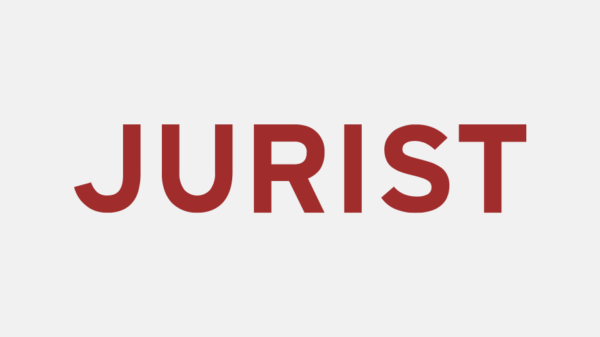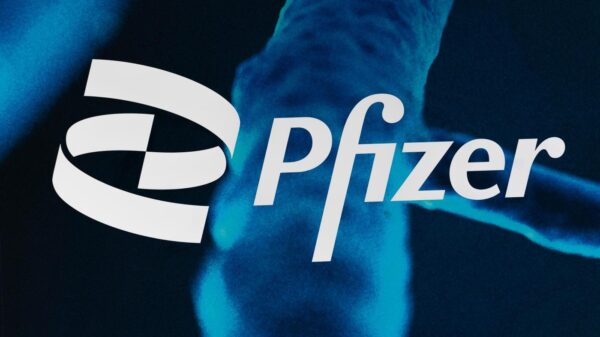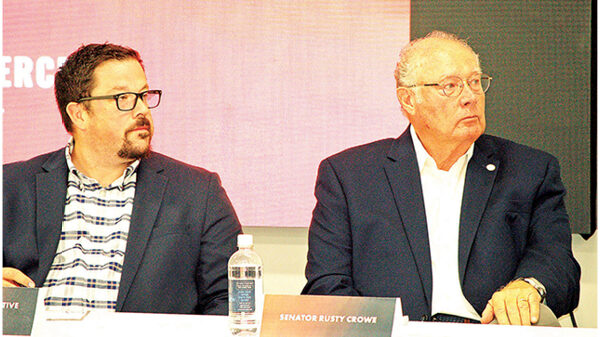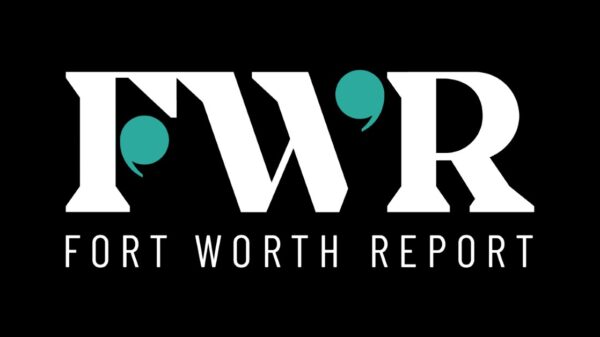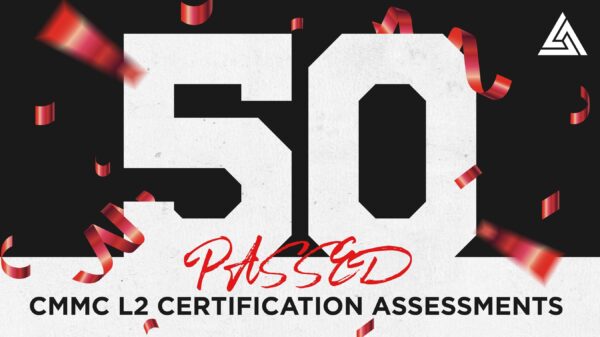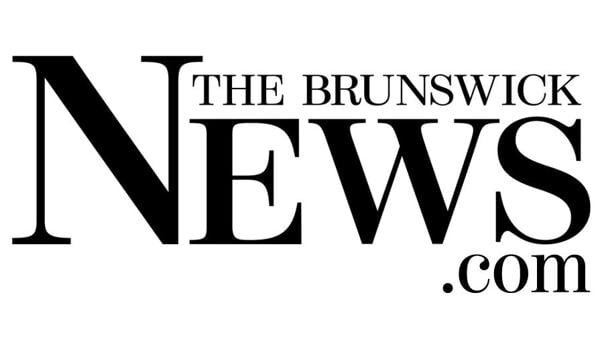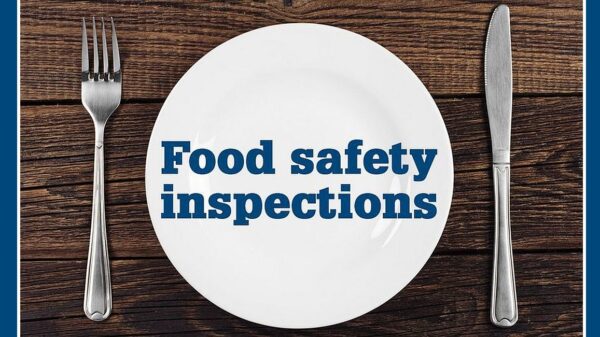A new sales tax law set to take effect in Washington on October 1, 2023 is poised to increase costs for consumers and create confusion among businesses. The law, signed by the state’s majority Democrats, will require approximately 95,000 businesses to collect sales tax on services that have previously been exempt. This change comes as part of a broader tax package aimed at funding significant pay raises for state workers, which are estimated to cost nearly $4 billion over the next four years.
The implications of this sales tax increase are already being felt. For instance, a driver’s education course that currently costs $650 is expected to rise to around $715 once the new tax is applied. The increase in costs does not stop with sales tax; a hike in the business-and-occupation tax rate is projected to extract an additional $5.6 billion from employers in Washington over the same period.
Widespread Uncertainty Among Businesses
As businesses scramble to adapt to the new requirements, significant uncertainty looms. The Washington State Department of Revenue has indicated that guidance on what services are taxable may not be available until mid-September, leaving businesses with potentially just two weeks to prepare for compliance. This lack of clarity has resulted in heightened frustration within the business community, as many are unsure of their potential liabilities.
The law encompasses a broad range of services, including advertising, information technology, and security services, which are now classified as taxable retail sales. For example, advertising services provided through cable and streaming platforms will likely lead to increased subscription costs for consumers. Moreover, businesses are questioning whether certain services, such as referees for school events, will fall under the category of taxable temporary staff.
Another area of ambiguity involves “live presentations,” which the law defines broadly. This category includes educational courses, seminars, and workshops, leading to concerns about whether such courses should be treated similarly to entertainment events like concerts. The overlapping categories have left many employers wondering where the boundaries lie and which services will be subject to the new tax.
Potential Consequences for Taxpayers
The repercussions of non-compliance can be severe for businesses, particularly if they misinterpret the ambiguous aspects of the law. In past instances, taxpayers have faced fines for honest mistakes, while the state has often escaped accountability for its errors. The revenue department has already indicated it will seek legislative changes when lawmakers reconvene in 2026, but this does little to alleviate the immediate concerns of businesses and taxpayers.
The situation has been criticized by some lawmakers, including Senator John Braun of Centralia, who argues that the tax increases reflect misguided priorities that further burden residents, particularly seniors and low-income families. The $12.2 billion tax package passed this year is seen by some as an unnecessary response to a budgetary issue that could have been addressed without raising taxes.
As October approaches, both businesses and consumers brace for the consequences of this sweeping tax legislation. The chaotic rollout and lack of clarity underscore the challenges that accompany significant tax reforms, raising questions about the effectiveness of such measures in achieving their intended goals.







